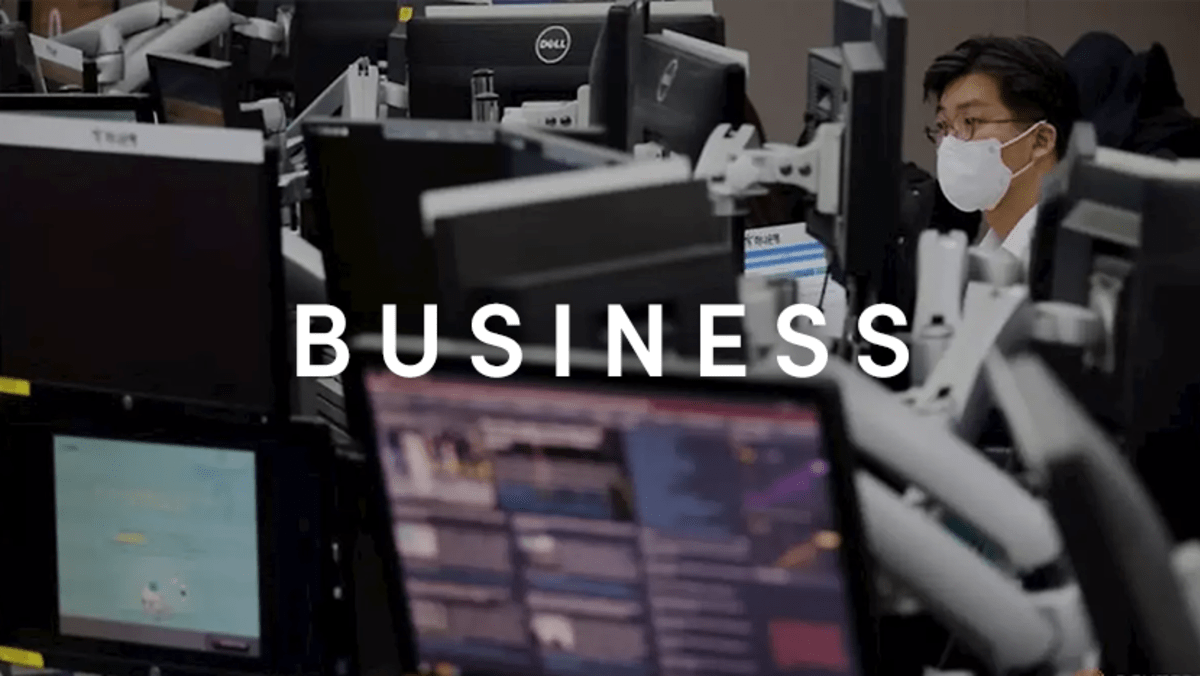EDP plans wider Asian role with renewable power supplies to Japan, Korea firms
SINGAPORE : The renewables unit of Portugal’s largest utility, EDP, is in talks to sell power directly to Japanese and Korean companies as a way to boost growth in Asia, an official said, a departure from its traditional contracts with state entities.
The unit, EDP Renovaveis SA (EDPR), aims to invest 21 billion euros ($23.12 billion) in renewables over the next four years, 80 per cent in North America and Europe, but is betting on deals with corporates to break into the Asia-Pacific region.
“We’re actually in negotiation.. and actually starting to open up to the Japanese and South Korean corporates, which can itself be a huge enabler for growth,” Pedro Vasconcelos, the chief operating officer for Asia-Pacific, said in an interview.
The Asia-Pacific region makes up just 5 per cent of the company’s total energy portfolio.
But major investments in renewable power projects in Vietnam and the acquisition of solar firm Sunseap helped increase its Asia power generation capacity 25-fold in a year, to 712 megawatts (MW).
Now the utility is looking to add new capacity in Australia and China, besides expanding its presence in Vietnam and Singapore.
EDPR aims to replicate its operations in the wealthy city-state, in which it supplies green energy to Meta, Amazon and Microsoft, Vasconcelos said.
Few countries in Asia, unlike Europe and the U.S., have clearly defined regulations and policies on fiscal support, said
Miguel Stilwell d’Andrade, chief executive at EDP and EDPR, though there were “some very interesting countries”.
Links to grid networks and mechanisms such as auctions to enable long-term renewable power supply deals would benefit growth in such investments, he added.
“It’s really more a question of defining the clear regulatory framework so we can make long-term investments,” Stilwell d’Andrade said.
Governments worldwide have sought to balance tax revenues against incentives to draw new renewable energy investments in the race to green their grids and become carbon neutral.
In February, the European Commission unveiled a green deal industrial plan in response to the U.S. Inflation Reduction Act (IRA) it feared could disadvantage companies based in Europe.
EDPR was among the companies which decided to deploy more capital in the United States after the IRA.
Taxes and caps on power tariffs in some European nations stifled new investment, Stilwell d’Andrade said, while U.S. policies spurred companies to invest there.
“If you’re constantly going to be taxing, capping prices or clawing back profits and revenues, then you will not have enough capital,” he said.
The profits of Europe’s top 10 utilities are less than the profit of one of the top five oil and gas companies, he added.
“Additional taxes are a bad idea and they disincentivise additional investments.”
($1=0.9084 euros)
For all the latest business News Click Here

